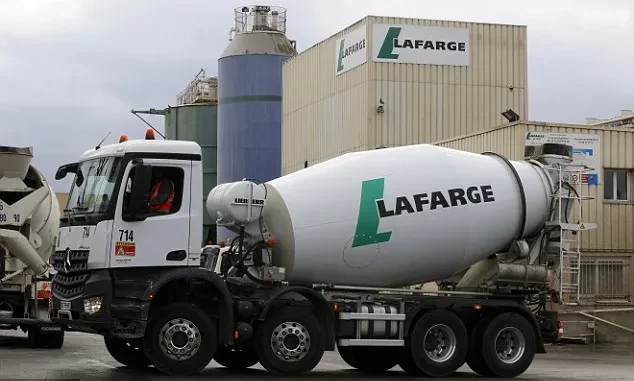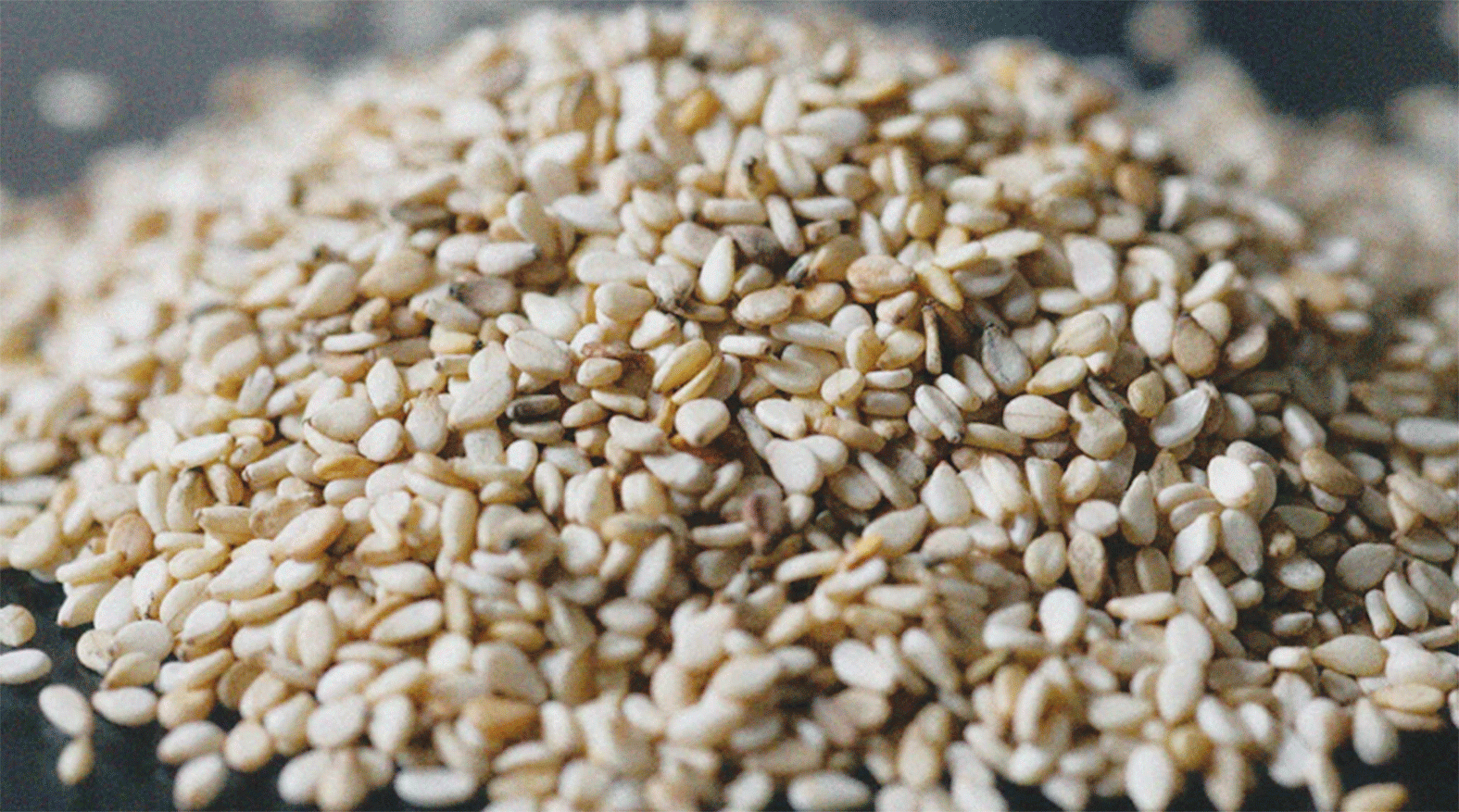
WHEN Fossil bought Lafarge Cement for US$29,7 million in 2022, it was hoping to take advantage of strong cement demand from Zimbabwe’s construction sector.
But, two years after buying the country’s second biggest cement producer, now Khayah Cement, the company is deep in crisis and going into voluntary business rescue.
Fossil bought the company from Holcim, as part of the French company’s global selloff. Fossil then announced a series of management changes and promised new capital.
But a mix of old debts, plant breakdowns, management inefficiency and the impact of US sanctions have left the company on the brink.
The company says the cement market remains strong, blaming its failure on its own inefficiencies and heavy losses from constant breakdowns.
“The company is financially distressed as it is struggling to meet some of its obligations to creditors as and when they fall due for payment,” Khayah said in a notice.
The new owners inherited a company deep in debt and already struggling with a poorly performing plant and a range of operational problems. Fossil inherited a debt of US$11 million from Lafarge.
The company has failed to pay off the debt because of plant breakdowns and inefficiencies in operations.
- Lafarge account garnished over debt
- Sino-Zim disposes of Allied Insurance shares
- Fossil Mines concludes Lafarge takeover
- ZSE suspends Lafarge trading of shares
Keep Reading
The company had to suspend operations at the kiln, which makes clinker, a key ingredient of cement.
The kiln was 3 years overdue for maintenance, Khayah said in a separate update earlier this year.
This shutdown worsened its debt crisis, at a time when a roof collapse at the main cement mill had stalled production for months and bled the company.
With no clinker, Khayah had to import more expensive raw materials, further draining its purse.
US sanctions, imposed on Fossil in 2022, made it harder for Khayah to secure loans for trade.
Khayah said: “Trade restrictions which were imposed by the US government on one of the members of the consortium that purchased a controlling stake in the company resulted in the withdrawal of service provision by financial institutions such as loans and also offshore payments. A number of key suppliers also withdrew their services making the purchase of goods and services very expensive.”
The company says there’s “agitation” among creditors who want their longstanding dues paid.
To prevent a run on its assets and legal action, Khayah had to seek protection through business rescue.
Khayah was also hurt by government’s decision to temporarily allow cheaper cement imports to plug shortages.
“The company could not fully match these prices on account of relatively higher production costs from the current operating model. The result was a reduction and ultimately a stagnation of sales volumes, revenue and operating capacity below short-term economic levels — curtailing the company’s recovery and growth momentum,” Khayah said.
This added to Khayah’s already dire debt position.
“With this came liquidity challenges given payment commitments to legacy debt which is unrelated to and does not promote viability or continuity of the current grinding station operating model.”
Bulisa Phillimon Mbano has been appointed corporate rescue practitioner.
The company is missing out on the strong cement demand that has supported growth at rivals such as PPC.
“There is strong demand for cement on the market generally and for the company’s cement in particular, and that market demand will remain buoyant for the foreseeable future given broad national strategic initiatives focusing on infrastructural development,” Khayah said
The crisis may also point to weak due diligence, given that the new owners bought a company with vastly depleted limestone deposits, essential in manufacturing cement.
Sources have pointed to mismanagement as central to the frequent equipment failure.
Late in 2022, the company had planned a 56-day kiln shutdown to refurbish the plant at a cost of USS$7 million.
But the process was disrupted by management changes that came with change of ownership, according to people familiar with operations.
The board and management committees lack engineering skills, the sources pointed out.
Debts have piled up at a time when costs are rising, with power rising from 10 cents a kWh to 18 cents.










